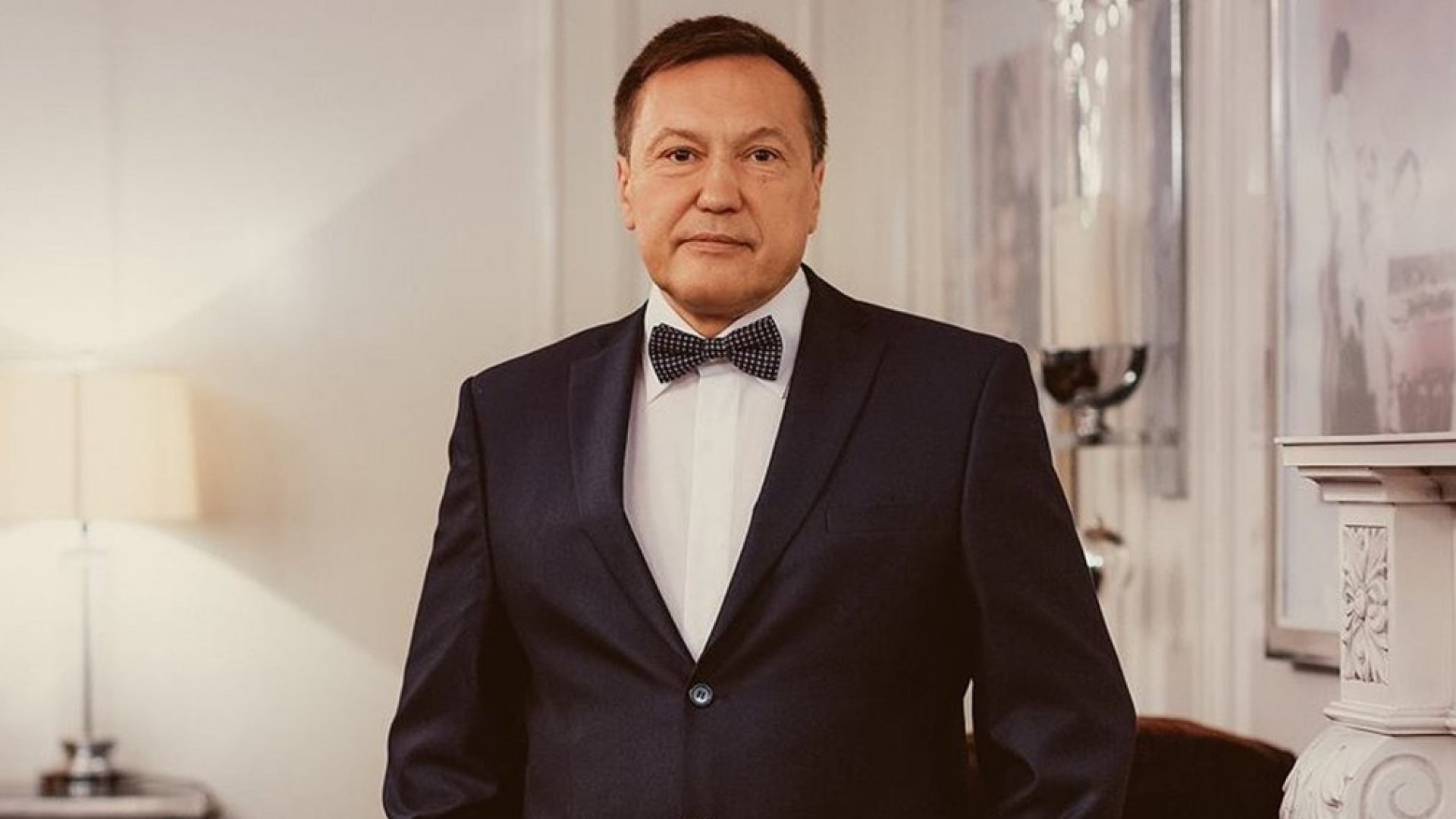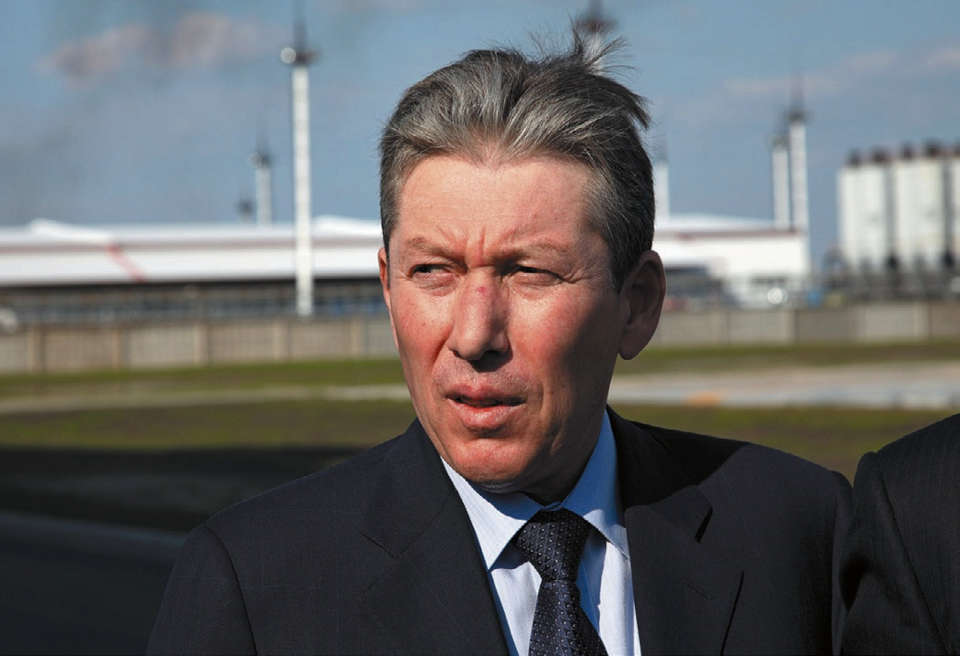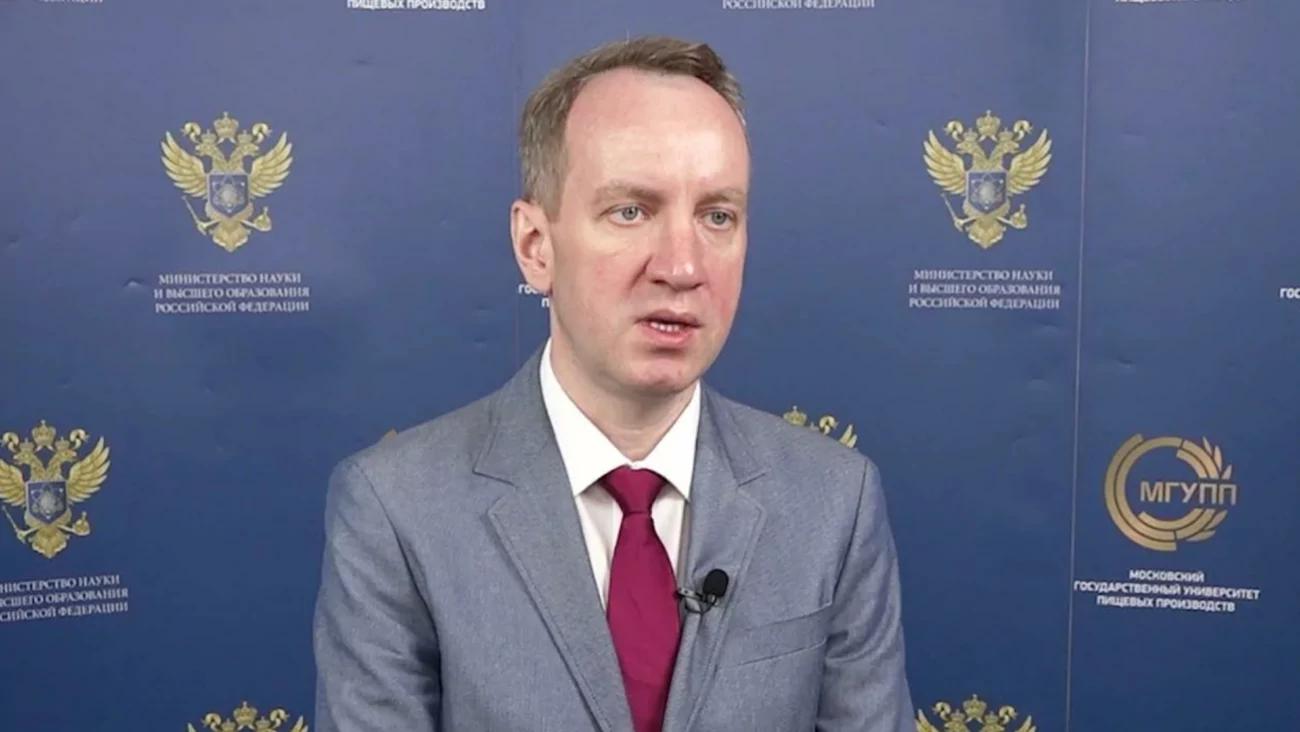In a recent shocking event, Russia’s Deputy Minister of Science and Higher Education, Pyotr Kucherenko, lost his life, sending ripples across Russian political circles and igniting curiosity and concern worldwide. This tragedy marks another incident in a sequence of puzzling deaths among Russian elites that are casting long shadows over the country’s political landscape.
Kucherenko, aged 46, was returning from a Cuban trip when he felt unwell on the plane, as the ministry informed. Despite emergency landing and attempts to save his life, Kucherenko couldn’t be revived. The precise cause of death remains ambiguous, with initial conjecture pointing to a possible heart condition. The real reasons, however, will be unfolded only after the forensic examination scheduled for Wednesday.
In an intriguing revelation, journalist Roman Super, who fled Russia following its Ukrainian invasion, quoted his recent conversation with Kucherenko. According to Super, the late deputy minister expressed fear for his safety and even urged Super to leave the country for his family’s sake. Kucherenko allegedly felt trapped in the turmoil, a prisoner unable to escape due to his passport being seized.
Kucherenko’s death has added to the mounting unease within the international community, stirred by a series of similar inexplicable fatalities among Russian elites.

From the enigmatic demise of Russian businessmen to lawmakers, the series of unexpected deaths have raised eyebrows and created an atmosphere of apprehension. Pavel Antov, a sausage magnate and lawmaker, fell from the third floor of his hotel in India, under unclarified circumstances. Alexander Buzakov, the chief of a leading Russian shipyard, suddenly passed away in December without any declared cause.

Furthermore, Lukoil Chairman, Ravil Maganov, met his unfortunate demise in early September by falling out of a hospital window, a tragic event shrouded in mystery. Lukoil was hit with another loss in May, when a top manager, Alexander Subbotin, was discovered dead near Moscow after reportedly visiting a shaman. In addition, Ivan Pechorin, a prominent businessman, was found drowned near Vladivostok in mid-September, further fueling speculation around the series of unfortunate events.
These deaths have sparked intense speculation and theories of potential foul play within the ranks of the Russian elite. While some consider these incidents as tragic coincidences, others see them as a part of a larger, obscure plot, a signal of the country’s political turmoil and pressure.
The Kremlin, however, remains silent or dismissive of the events, with Dmitry Peskov, the Kremlin spokesperson, stating that he was not aware of Kucherenko’s cause of death. He further refuted reports of senior officials being forbidden from leaving their posts.
Despite the official statements, the air in Russia remains thick with doubt and uncertainty. The ordinary deaths of extraordinary people continue to beg questions and demand answers. What is the actual cause of these tragic events? Are they the result of natural causes, personal despair, or something more sinister?
Until the truth unveils itself, these deaths remain a somber reminder of the inherent vulnerability of human life, even within the lofty circles of power. They serve as a grim testament to the harsh realities that even the mighty must face within the oppressive walls of political strife and tension.
Should you or someone you know be struggling with thoughts of suicide, seek help immediately. In the United States, the National Suicide Prevention Lifeline is available 24/7 at 1-800-273-8255. Globally, organizations such as the International Association for Suicide Prevention and Befrienders Worldwide can provide contact details for crisis centers.
